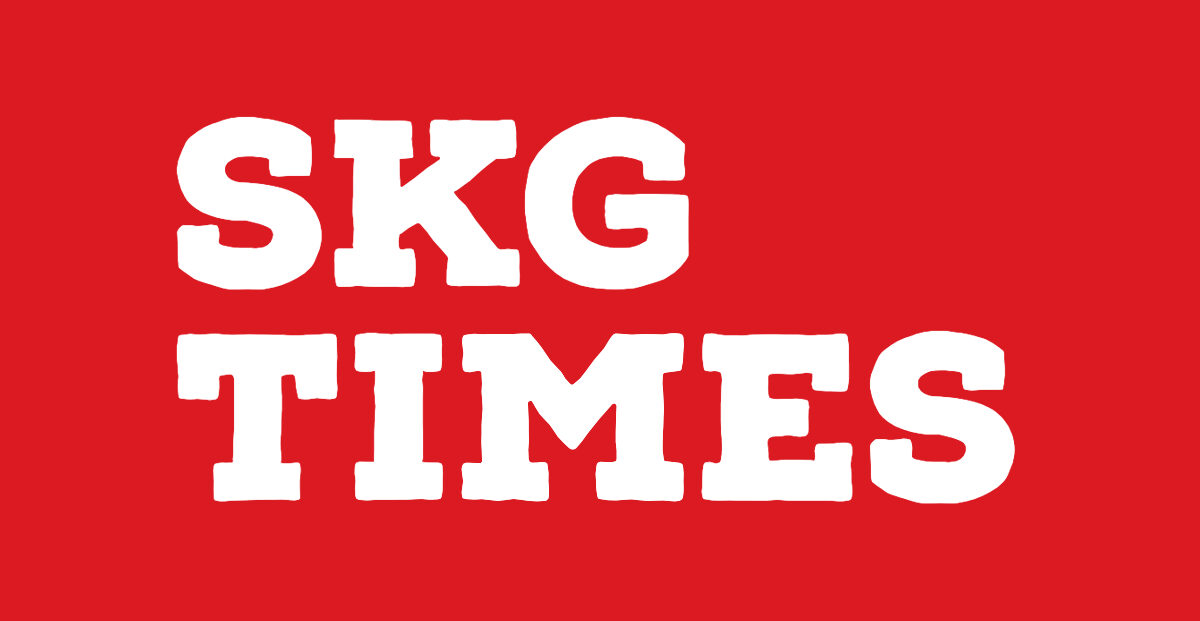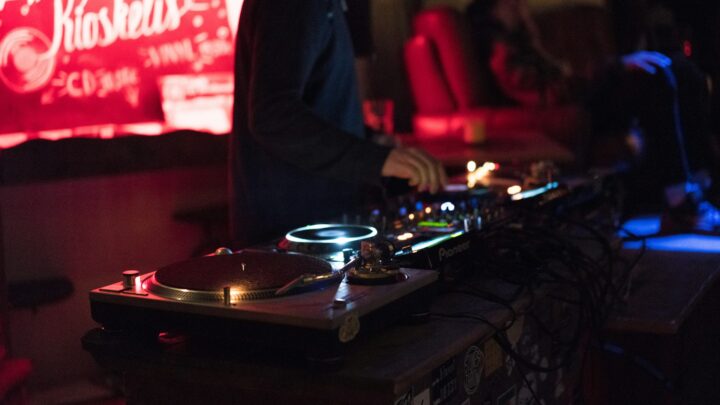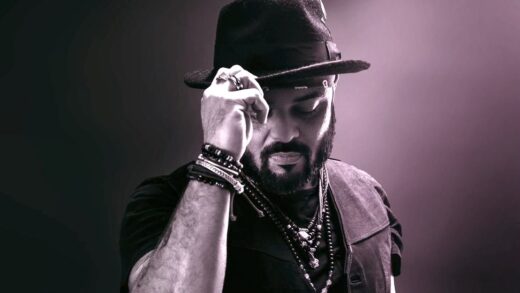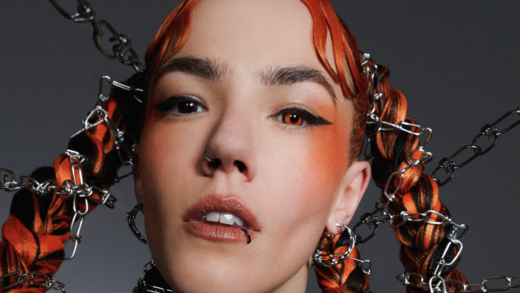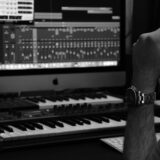Aspiring DJs often find themselves at a crossroads when trying to determine what equipment is necessary to embark on their musical journey. The world of DJing is filled with a myriad of gadgets and gear, which can be overwhelming for beginners. In this article, we will outline the fundamental equipment required to set up a DJ rig and delve into the purpose of each piece of gear.
1. DJ Controller or Turntables and Mixer
The heart of a DJ setup is the controller or the combination of turntables and a mixer. A DJ controller is an all-in-one unit that mimics the traditional two turntables and a mixer setup, integrating software control with physical hardware. For those who prefer the tactile feel of vinyl, turntables paired with a mixer offer the classic DJ experience. When choosing between the two, consider your preferred DJing style, the genres you wish to play, and the level of portability you require.
2. DJ Software
Whether you opt for a controller or turntables, DJ software is essential for mixing tracks, cueing up music, and applying effects. Popular software includes Serato DJ, Traktor Pro, VirtualDJ, and Rekordbox. Ensure that your chosen software is compatible with your hardware and that your computer meets the necessary specifications to run it smoothly.
3. Headphones
A good pair of DJ headphones is crucial for cueing tracks and monitoring the mix in loud environments. Look for headphones with a closed-back design, swiveling ear cups, and a wide frequency response. Durability and comfort are also important factors, as you will be wearing them for extended periods.
4. PA System or Monitor Speakers
To share your mix with an audience, you will need a PA system or monitor speakers. For home practice, a pair of studio monitors may suffice, but for live performances, a more robust PA system with subwoofers and satellite speakers is advisable. The size and power of the system should match the venues where you’ll be performing.
5. Audio Interface
If you’re using turntables or a mixer that doesn’t have a built-in sound card, an audio interface is necessary to connect your gear to your computer and ensure high-quality sound output. An interface with low-latency performance and multiple inputs and outputs will provide the flexibility needed for various setups.
6. Cables and Stands
Reliable cables are the unsung heroes of any DJ setup. You’ll need a variety of audio cables (XLR, RCA, 1/4 inch) to connect your equipment, as well as power cables and extension cords. Stands for your controller, laptop, and speakers are also important for ergonomics and to create a professional-looking setup.
7. Music Library
Last but not least, a well-curated music library is the backbone of any DJ’s arsenal. Invest time in building a diverse collection of tracks, and consider subscribing to a DJ pool for access to the latest music in high quality.
In conclusion, while the equipment needed to DJ may seem extensive, each piece plays a vital role in the performance and experience. Whether you are a budding DJ or looking to upgrade your current setup, investing in quality equipment will pay dividends in reliability and performance. Remember to choose gear that aligns with your DJing style and the environments you plan to play in, and you’ll be well on your way to captivating audiences with your mixes.
